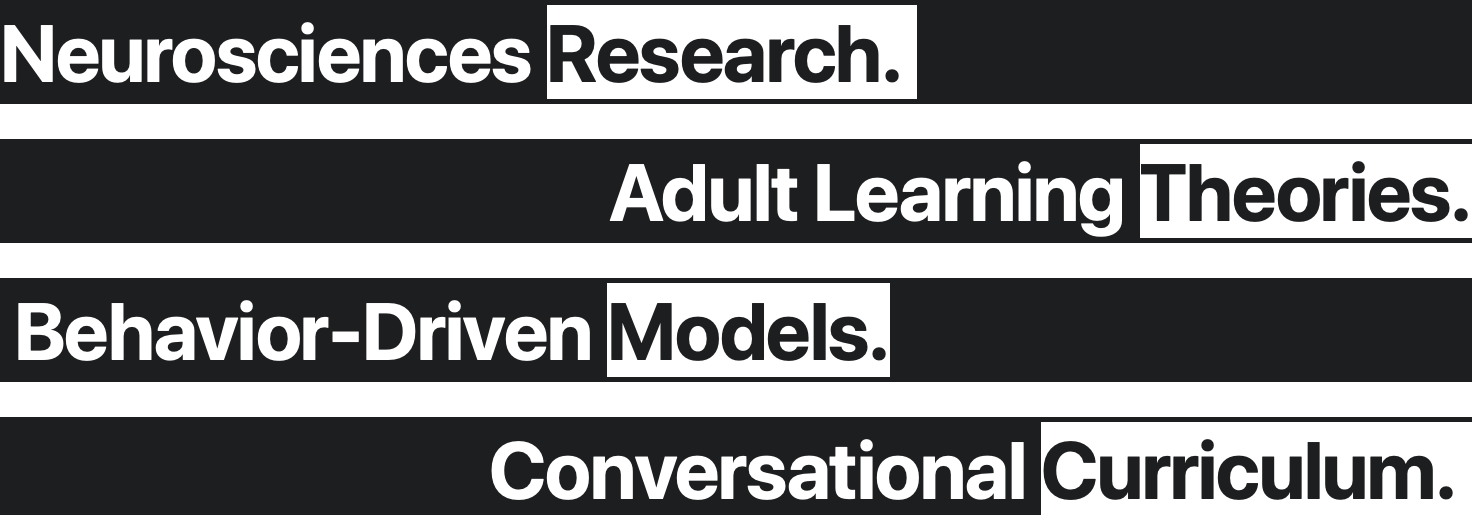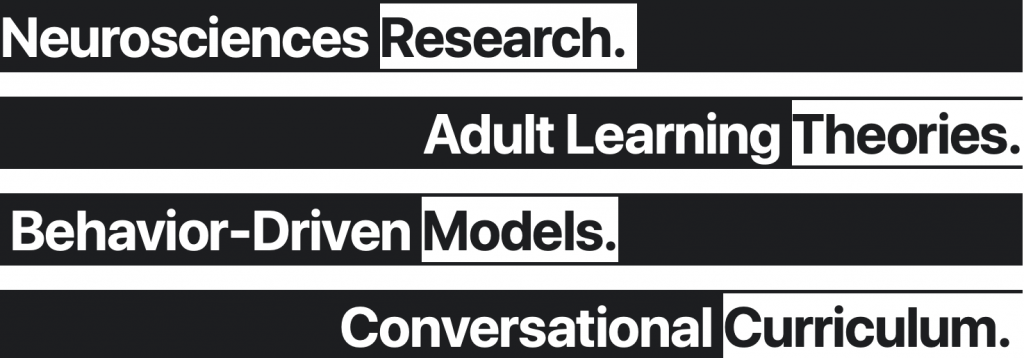
Our brain is very powerful.
It can turn volatile learning into enduring experience through consistent practice.
SkillGym activates the receptors that accelerate the excitement of our limbic system.
The limbic system is known as the emotional brain and contains the amygdala, which is located inside the frontal temporal lobe. This means that it is part of the so-called deep brain, where basic emotions and survival instincts stand out.
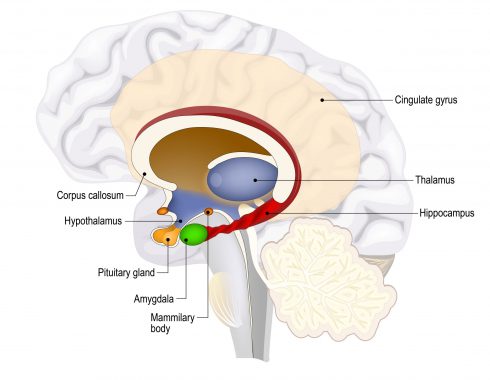 The reactions generated while stimulating the amygdala are faster than the ones generated when we use the parts of the brain that act rationally. Moreover, the use of emotions in training has been proven to improve retention and recall of what has been learned.
The reactions generated while stimulating the amygdala are faster than the ones generated when we use the parts of the brain that act rationally. Moreover, the use of emotions in training has been proven to improve retention and recall of what has been learned.
Neurosciences inspire all our field research.
More and more Neuroscience discoveries show the importance of practice-based learning to generate real behavioral change.
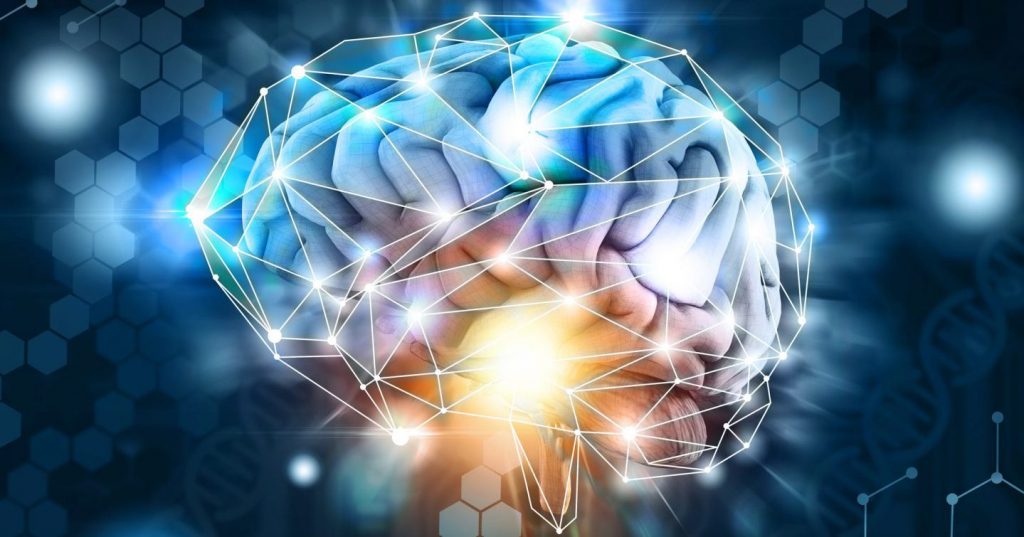
The Neurosciences Underlying the Models of Digital Role Play.
Learn more about the way SkillGym leverages Neurosciences discoveries.
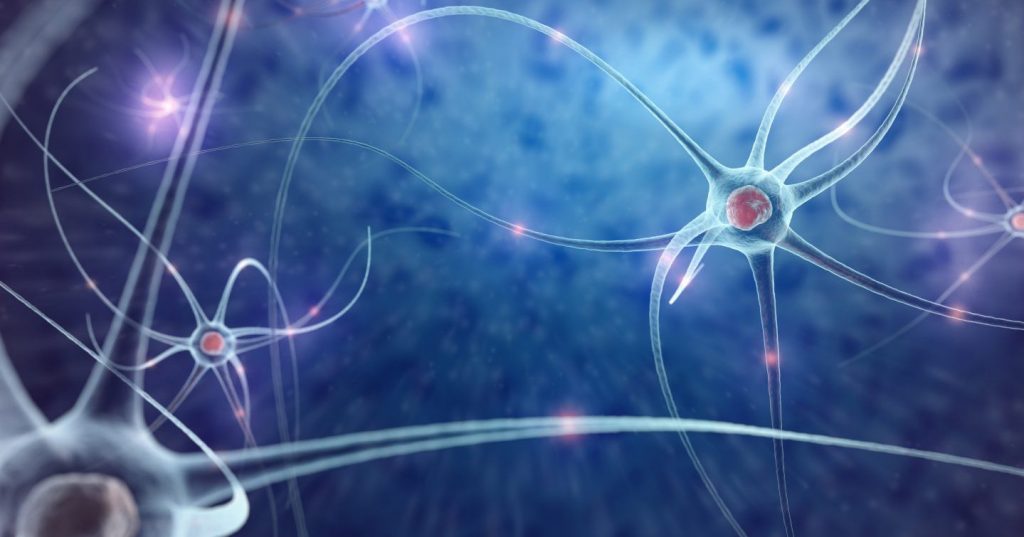
SkillGym Intrinsically Motivated Learning and Neurosciences.
Learn more about the way SkillGym leverages Neurosciences discoveries.
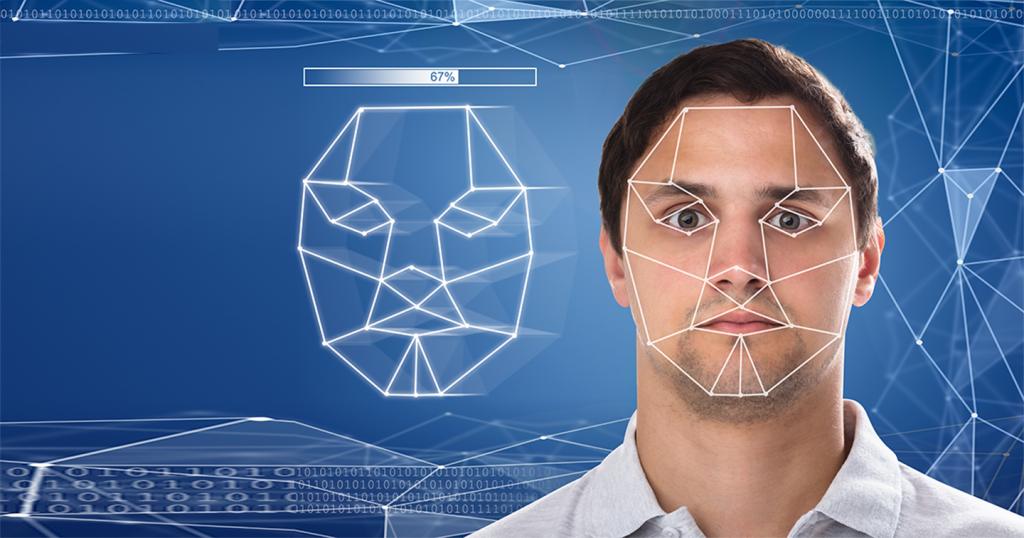
Digital Role Play Stripped Bare: how SkillGym works.
Learn more about the learning methodology of our Digital Role Plays.
We work with the best.
From machine learning to conversational models, we love to work with the best universities to develop the most advanced solutions for practicing conversations.



For many years we have been working with the best universities in the world to design, implement and test the key components of our system. We have studied with USI the impacts of a systematic use of simulators to permanently modify the communication changes of individuals. We designed our first voice recognition system with Supsi and the University of Zurich.
Today we are designing and engineering the next generation of SkillGym’s machine learning algorithms in partnership with the A.I. department of an important university to implement an even more effective set of features for our training environment. It’s a continuous work of research around how people effectively learn. To make the best of their time and their potential.
Peer-reviewed scientific papers.
We love to collaborate with the scientific community. Here’s a short list of the most recent articles published in reputable scientific journals.

Training what you can’t perceive
Andrea Laus, Elena Ciani, Hossam Hamdy. ICERI2021
A study on how to add to existing interactive digital role play solutions specific information showing emotional response and unperceivable physiological indices (autonomic nervous system activation and heart rate) related to counterpart’s visible behaviors.
Learn more about this article on the publisher website.

Improving Salespeople Confidence Using Interactive Simulation-Led Training
G. Tavarnesi, A. Laus, M. Malatesta. INTED2019
A study on how the use of Digital Role Play can actually improve the leadership skills of salespeople in managing a sales meeting.
Learn more about this article on the publisher website.

Improving Leadership Skills Via Digital Role Play
G. Tavarnesi, A. Laus, M. Malatesta. INTED2019
This article discusses how SkillGym can be used to deliver efficient role-play based training, overcoming the usual issues of time and scalability that currently relegate it as a niche tool targeted only to high-level and expensive training.
Learn more about this article on the publisher website.

Virtual Patient Learning (VPL): The Future of Problem-Based Learning (PBL)
H. Hamdy, A. Al-Moslih, G. Tavarnesi, A. Laus. ICME2018
This article discusses how a simulation-led training can help students conduct the medical interviews and lead patients to optimal behavior.
Learn more about this article on the publisher website.
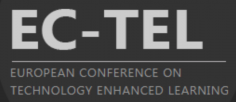
Learning with Virtual Patients in Medical Education
G. Tavarnesi, A. Laus, R. Mazza, L. Ambrosini, N. Catenazzi, S. Vanini, D. Tuggener. ECTEL2018
This article discusses how a virtual yet authentic patient can help doctors use their leadership skills to optimize the relationship with the patient, build trust and get better compliance.
Learn more about this article on the publisher website.

Behavioral Simulator for Professional Training based on Natural Language Interaction
R. Mazza, L. Ambrosini, N. Catenazzi, S. Vanini, D. Tuggener, G. Tavarnesi, A. Laus. AIED2018
This article discusses how applying voice and semantic recognition to the simulator can improve students’ ability to conduct medical interviews and manage critical conversations.
Learn more about this article on the publisher website.

Virtual Patients in Problem-Based Learning
H. Hamdy, A. Al-Moslih, G. Tavarnesi, A. Laus. MEDICAL EDUCATION 2017, John Wiley & Sons Ltd
This article discusses how a virtual yet authentic patient can help students improve their ability to conduct a medical interview and create trust in the patient, while generating learning objectives in a problem-based learning environment.
Learn more about this article on the publisher website.

A Lifelike Experience to Train User Requirements Elicitation Skills
S. De Ascaniis, L. Cantoni, E. Sutinen, R. Talling. SPRINGER 2017
A study conducted to verify the hypothesis according to which the users playing systematically with the simulator improve their performance with the simulator itself – as well as the external validity, that is if users also enhanced their URE skills. Results showed users’ improvements in both aspects.
Learn more about this article on the publisher website.
Rock-solid models.
Our Curriculum and learning methodology are based on the most reputed theories and models of adult learning, communication and leadership.
 Learning theories.
Learning theories.
Simulation-based learning is a well-known learning strategy in adult education. We design our AI-based Digital Role Plays on the solid roots of accredited theoretical models, recognized by the scientific community. All the research and development we work with here at SkillGym is supported by several theoretical models.
Learn more about the theories supporting our SkillGym Digital Role Play training model.
 Psychometric models.
Psychometric models.
SkillGym must be similar to a conversation with a real person or, as we say, it has to be authentic. It must ensure that the behavior of our characters corresponds to a real person’s attitude and reactions. We shape all the nuances of their approach, to make them recognizable through the most well-known psychometric models.
Learn more about the way we shape the characters’ profiles in our SkillGym Digital Role Plays.
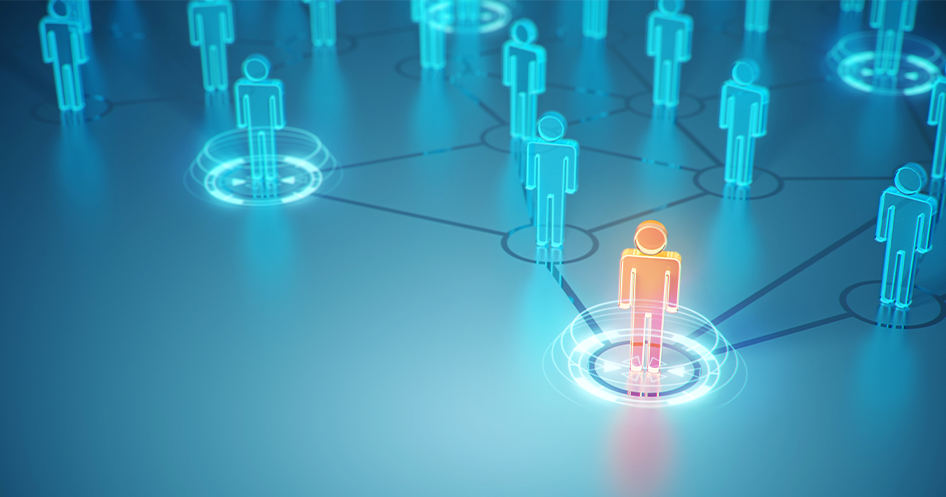 Communication styles.
Communication styles.
Situation determine how things, gestures, words and attitudes gain meaning. We refer to the situational leadership theory when developing our plots, where there is no single “best” style of communication. Effective communication is task-relevant, and successful leaders adapt their style to the context.
Learn more about the way we deal with leadership styles in SkillGym Digital Role Plays.
 Soft Skills.
Soft Skills.
Interaction in SkillGym is driven by observable behaviors, expressed with specific shades of the relevant underlying skill. We map over 50 different skills in our library to fit the dialogues with each trainees’ style and approach. These skills can be mapped into competencies taken from your own Competency Model.
Learn more about the way we map leadership skills and competencies in SkillGym.
What’s next
If you are searching for the Digital Role Play solution that suits your needs, take a look at our website, which has pre-recorded webinars and articles among other inspiring content for your review.
You are also invited to book a 1-hour discovery call with us if you would like to continue this conversation.
Enjoy the rest of your day.
